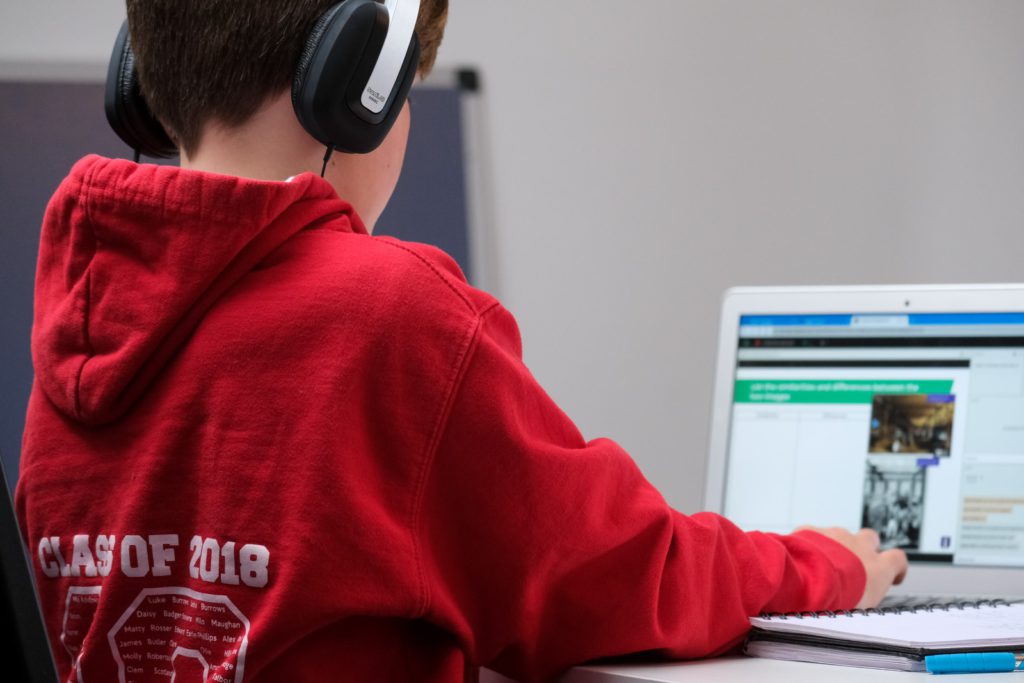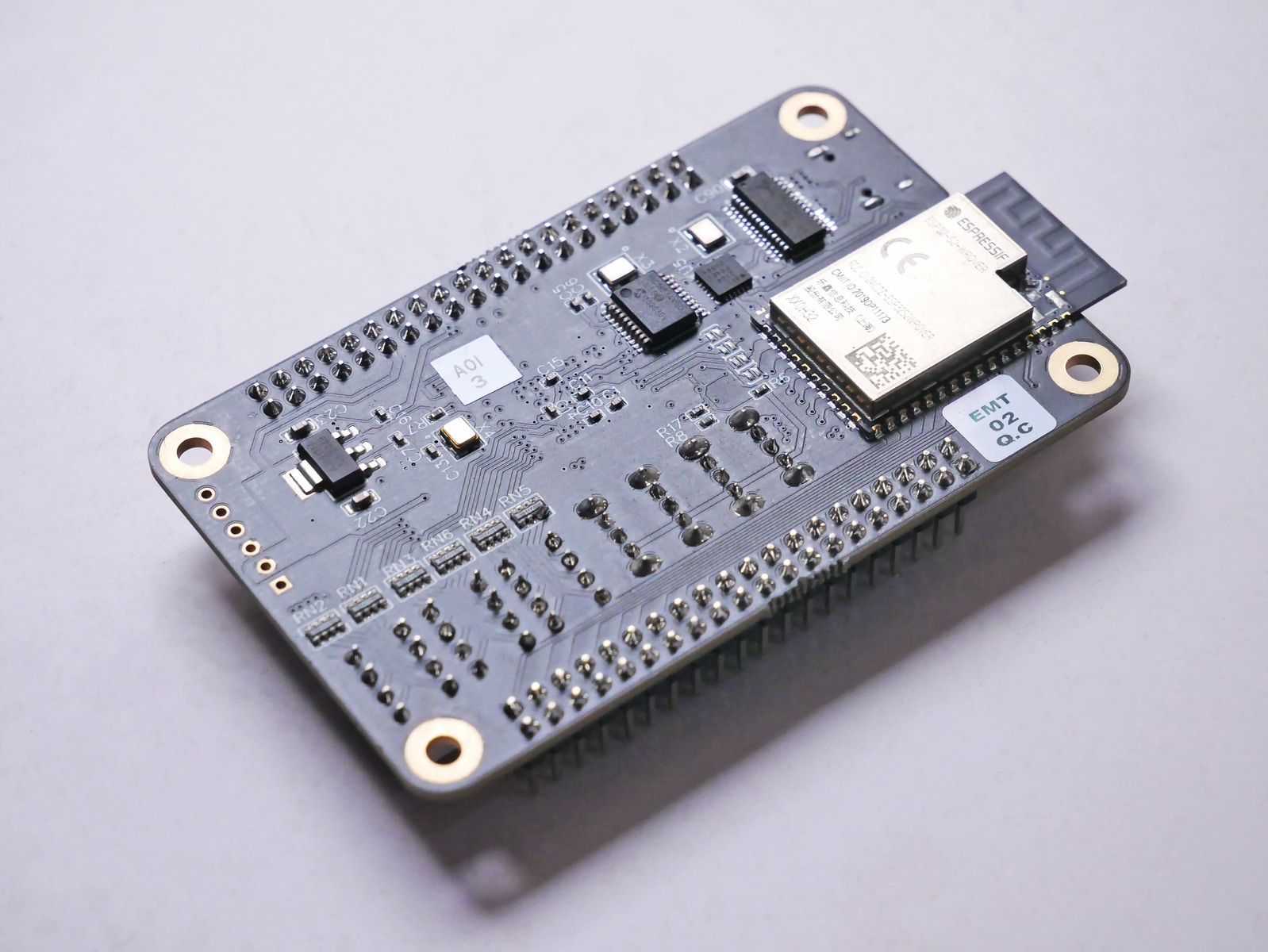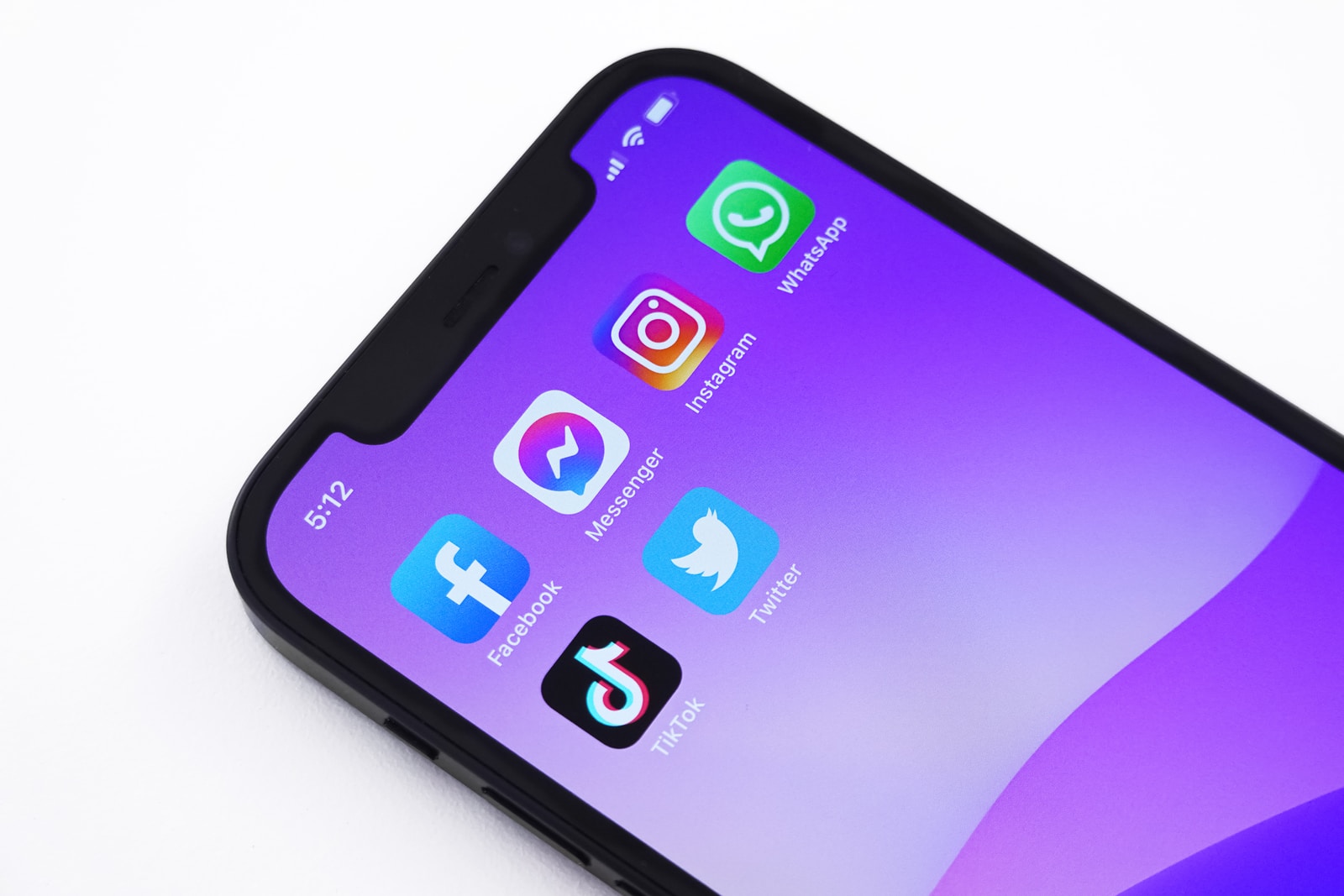
4 Technology Skills Students Can Learn Virtually
You can prepare your students for the future by teaching them today’s most in-demand skills. According to a survey conducted by The Linux Foundation, 41% of companies state that there is a lack of training opportunities for the most in-demand tech skills. As such, there is a shortage of talents specializing in tech-based skills. Recognizing these gaps, you can equip your students with valuable skills by virtually teaching the following:

1. 3D Printing
3D printing is becoming an important technology in many walks of life. It’s used in industrial manufacturing, biomedical prototyping, architectural modeling, and personal art projects to name a few applications. Furthermore, a study on Using 3D Printing in Science highlights that the act of making 3D designs aligns directly with the engineering and technology standards recommended by the K-12 Science Education framework. This class will help students understand 3D technology and also stimulate their creativity. Most importantly, students don’t necessarily need 3D printers of their own to participate. Through your guidance, they can create their own designs through software programs. Thus, you can teach the basics of 3D design virtually by creating different 3D items with your students.

2. PCB Design
Due to this rise of advanced technology, printed circuit board (PCB) design has become an in-demand skill. PCBs are being revolutionized to handle the increased electrical demands that new gadgets require, which is why innovative designs are sought after. Furthermore, students who learn the basics may take a further interest in electrical engineering, which can lead to educational or work opportunities. To start, a guide by Altium on PCB data management states that students can acquire standard designs and component datasheets that most PCB designers use as a base. Once these are stored and verified, they can start using the data in designing their own PCBs. This process will help them understand how PCBs are fabricated and assembled for gadgets.

3. Computer Coding
Computer coding is an essential skill for the future. As we increasingly rely on technology, the knowledge of programming computers becomes ever more vital. While widespread availability of coding classes is still lacking in many schools, it is being integrated into school curriculums more frequently.
Though it may seem complicated to teach coding to kids, the good news is that coding is an excellent fit for virtual instruction. To illustrate, our article on ‘How Kids Can Benefit From Coding’ shares that coding can be taught virtually, with the help of online tools. There are educational games that can help kids understand the basics while having fun at the same time. You can also leverage step-by-step YouTube tutorials so that the students can learn from the instructions of an experienced professional. After-school coding lessons and online coding camps are also great ways to teach students to code. Through these tools, students can understand the process of creating software programs.

4. Social Media Use
Last but not least, teachers can also use virtual classes as opportunities to do some social media instruction. Rather than focusing on the basics of social media use, teachers can provide instructions on how students can navigate through the risks present in social media. To illustrate, a research study on Integrating Media Literacy in Social Studies Teacher Education emphasized the importance of teaching media literacy. The researchers suggested that teachers discuss the dangers of fake accounts, security breaches, and even user-targeted advertisements. Though lectures can be conducted virtually, the research study also recommended that you include think-aloud discussions, formal research projects, and student reflections to enrich the learning process.
There are plenty of subjects that can be taught in a virtual teaching environment. Instructors can focus on teaching their students in-demand skills, like 3D printing, PCB design, computer coding, and social media use. These subjects are primarily tech-oriented, which is why they are much more organic for virtual learning.
Questions and Contact
If you’d like to know more about us and what we offer, or have more in-depth questions or feedback about this blog post, feel free to contact us at info@gobrite.io or 425-665-7799, and we’ll be happy to get back to you.
We hope you’ve enjoyed this week’s blog post!
- Popular Kids Education Platforms Review - February 10, 2023
- Pros and Cons of Opening a Kids Coding Franchise - January 31, 2023
- How can coding help kids reduce screen addiction - January 30, 2023